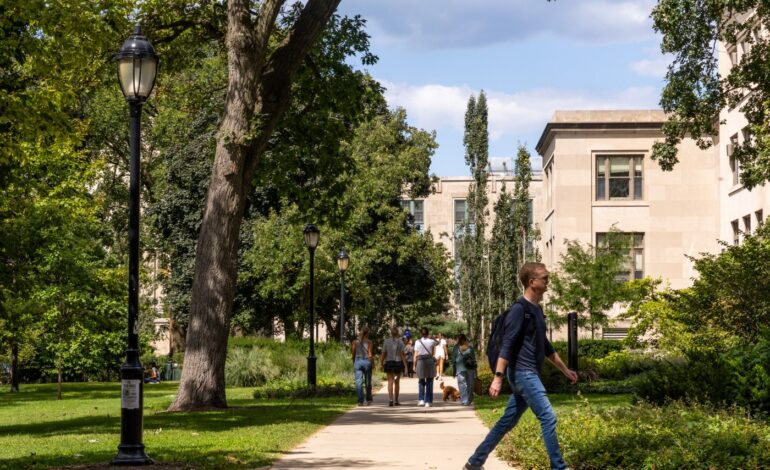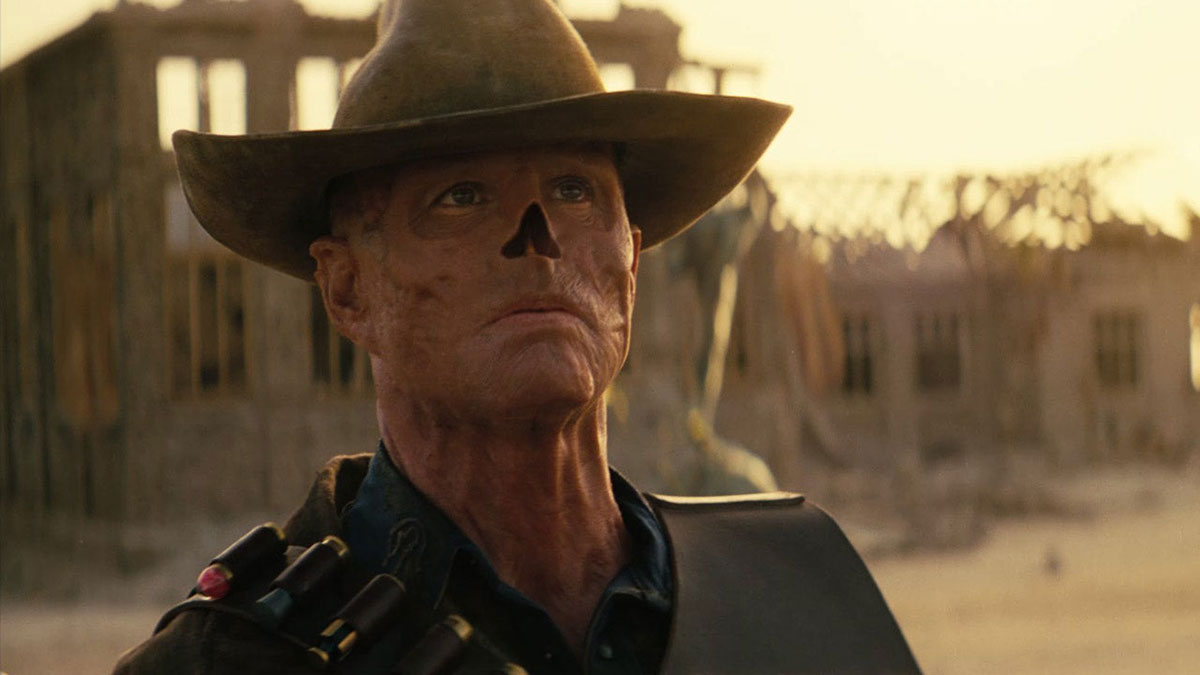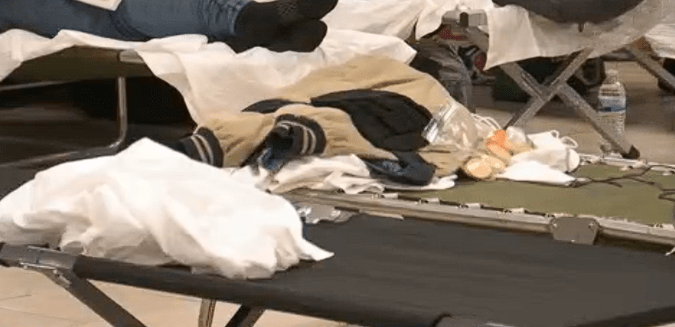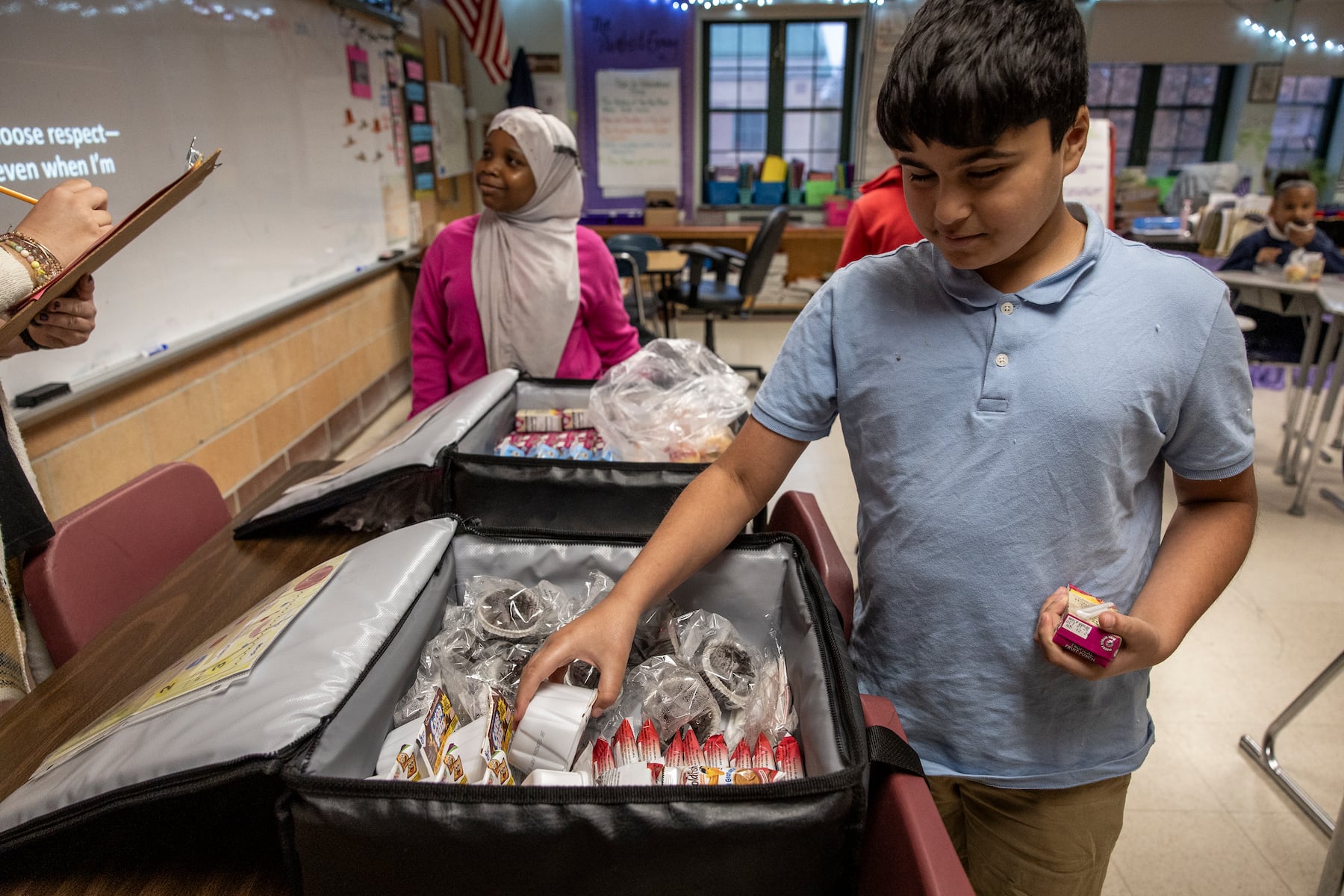Northwestern Professor Matthias Doepke Leaves U.S. for London Amid Political Uncertainty

Economist Matthias Doepke, formerly a professor at Northwestern University, has relocated to London, leaving behind a career he once cherished in the United States. This decision stemmed from a growing sense of unease regarding political developments under President Donald Trump, particularly concerning academic freedom and immigration policies.
Doepke, who moved to Chicago from Germany to pursue his doctorate, initially viewed the U.S. as a beacon of academic opportunity. He joined the faculty at Northwestern in 2008 and became a U.S. citizen while raising three sons with his American wife. However, the political landscape shifted dramatically following Trump’s election in 2016. Doepke expressed concerns about the “culture of xenophobia” that he perceived emerging across the nation.
In April 2021, Doepke sold his home and accepted a position at the London School of Economics, marking a significant turning point in his life. He noted, “Every day of news makes us more secure that we made the right decision.” His family now enjoys life in London’s Queen’s Park neighborhood, a decision driven by a sense of urgency to escape the political turmoil in the U.S.
Doepke’s departure is part of a broader trend affecting the U.S. higher education system. In just six months, the Trump administration’s policies had strained the relationship between universities and the federal government, leading to funding cuts and restrictions on international students. Northwestern experienced a five-month, $790 million federal funding freeze, which forced the university to implement significant budget cuts.
There is mounting concern among academics about the potential long-term impacts of these policies. According to a survey conducted by the journal Nature, over 75% of 1,600 scientists indicated they would consider leaving the U.S. due to political uncertainty. This sentiment reflects a growing anxiety about the future of academic research in the country.
Doepke’s decision was not made lightly. He and his family agreed on a two-year trial period in London, with the option for him to return to Northwestern in 2025. Despite initial hesitations, the family quickly acclimated to their new environment and found they were happier in the UK. Doepke noted, “London is a pretty good place to be for kids,” and appreciated the proximity to his family in Germany.
The political climate in the U.S. further solidified Doepke’s resolve to stay in London. After Trump’s reelection in November 2020, he felt a definitive shift in his family’s plans. “We decided, pretty much the day after the election, that this is going to be where we are going to be,” he stated.
Concerns about academic freedom have been echoed by other scholars. Tom Ginsburg, a professor of international law at the University of Chicago, likened the current situation to the McCarthy era, when academic freedom was threatened by government actions. Ginsburg commented, “What the Trump administration has really revealed… is the incredible array of tools that the executive branch can wield in trying to attack universities.”
While some academics remain committed to their positions in the U.S., others are considering their options. Martin Eichenbaum, another Northwestern economist, expressed doubts that many professors will leave for Europe, primarily due to the significant salary differences between U.S. and U.K. academic positions. Nevertheless, he acknowledged the potential damage to the overall landscape of higher education in the U.S.
As Doepke prepares for the upcoming academic year at LSE, he has been receiving messages from colleagues in the U.S. Many are weighing their own options for relocation. He believes that international opportunities may increasingly attract American researchers, particularly those experiencing disillusionment with the current political climate.
While Doepke enjoys his new life in London, he maintains a fondness for Chicago, missing the quiet streets of Evanston. Yet, he remains resolute about his decision to leave. “We are happy with where we are,” he said, reflecting a new chapter in his life that prioritizes both personal and professional stability.






